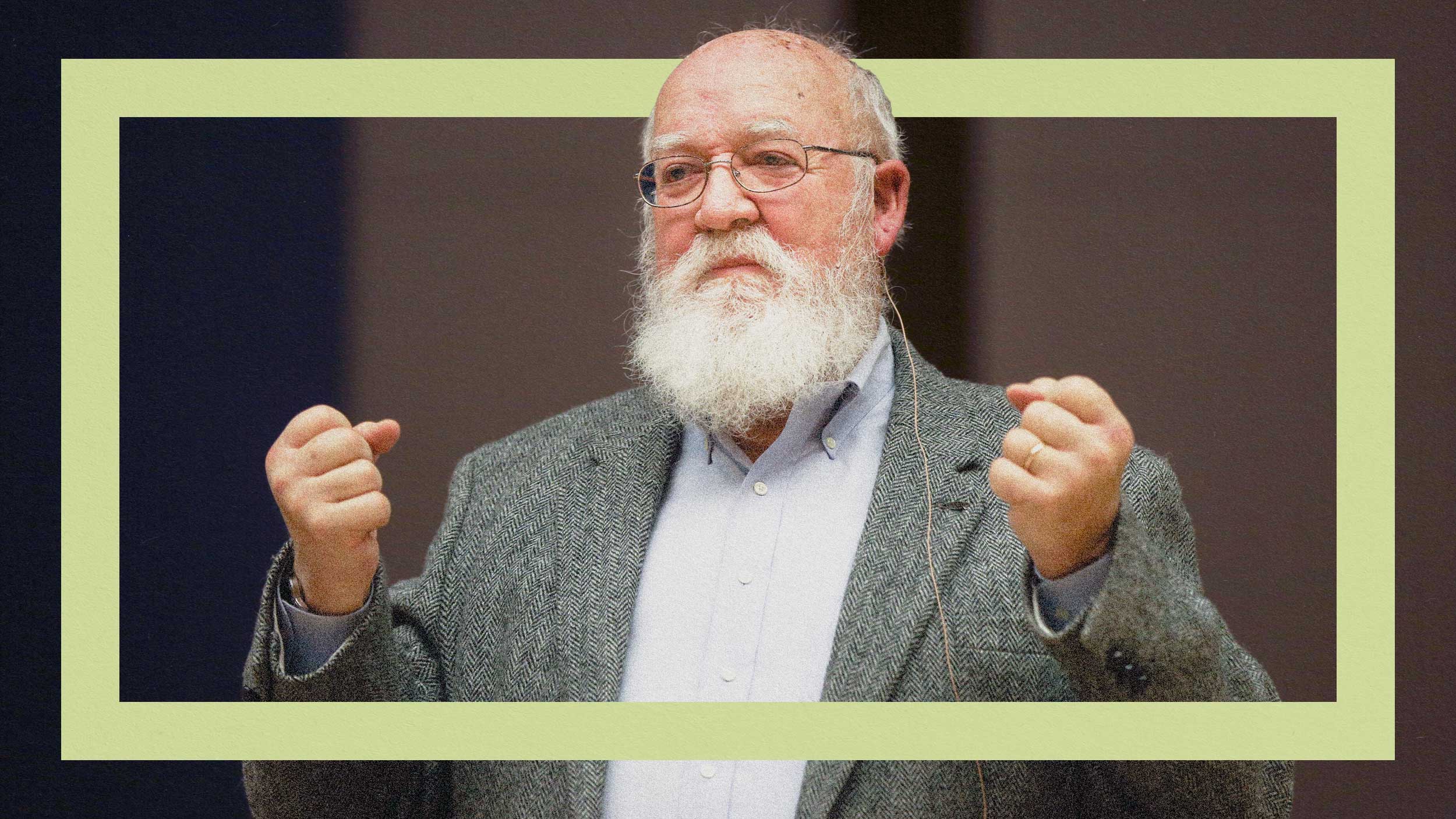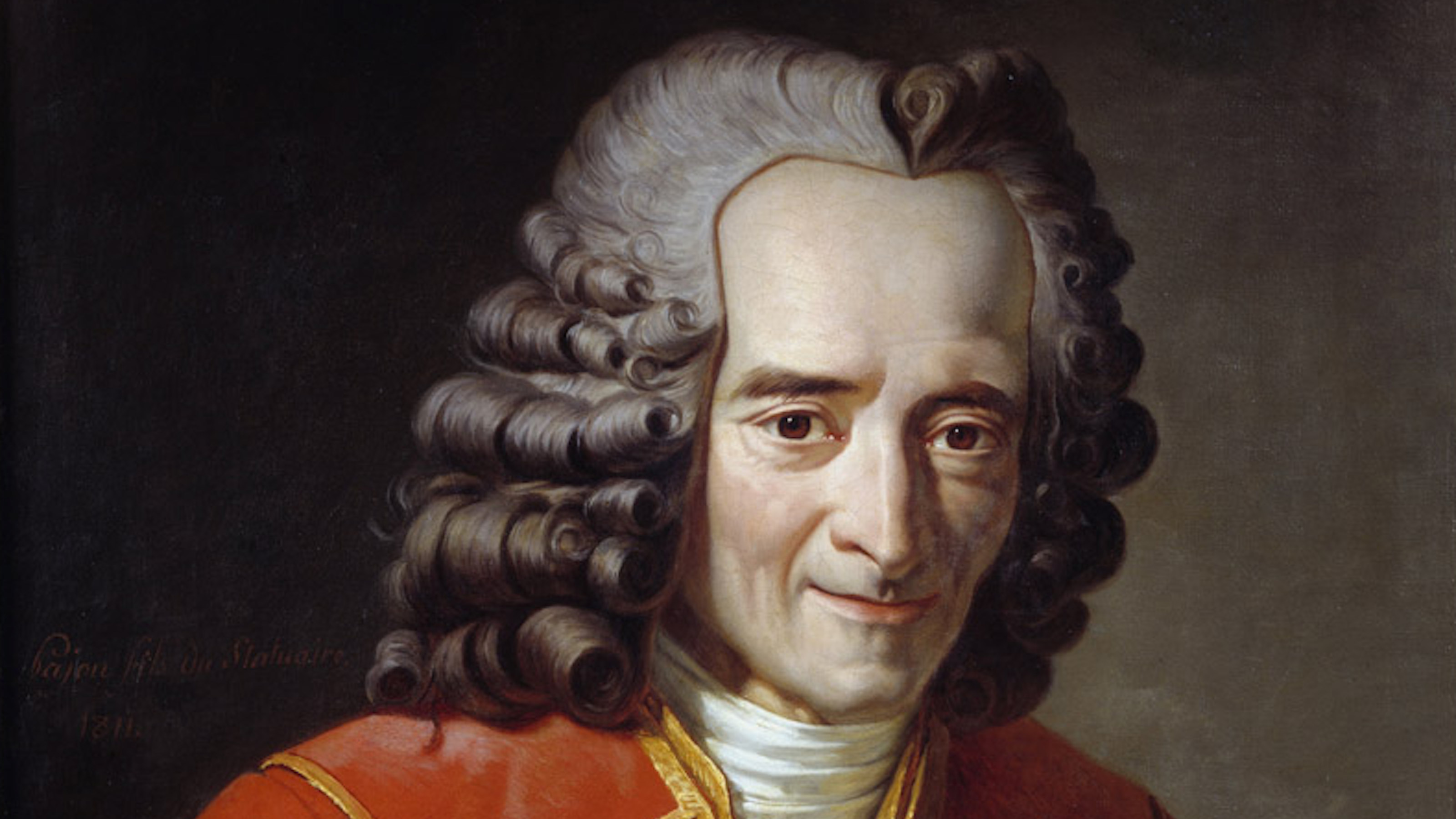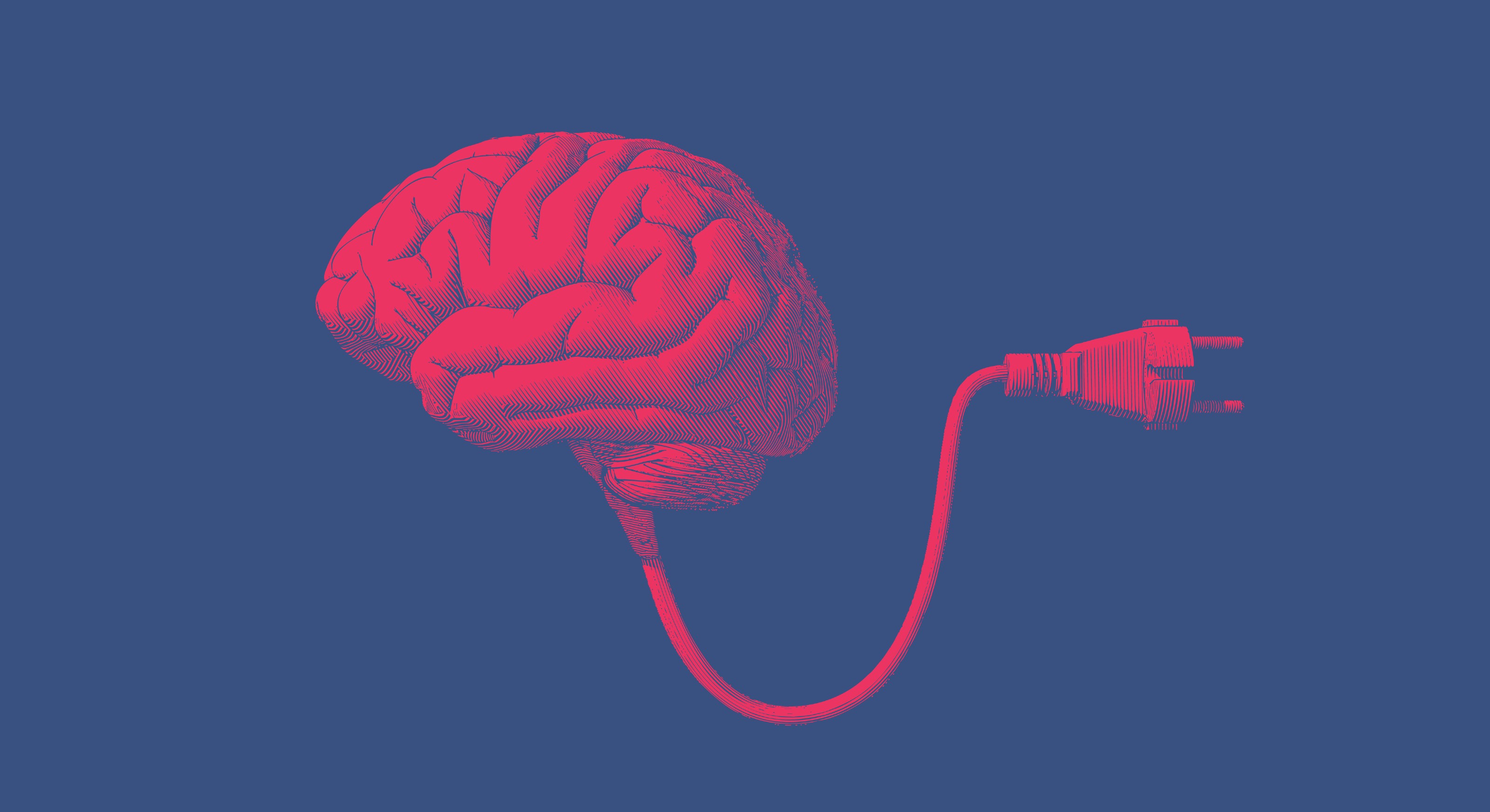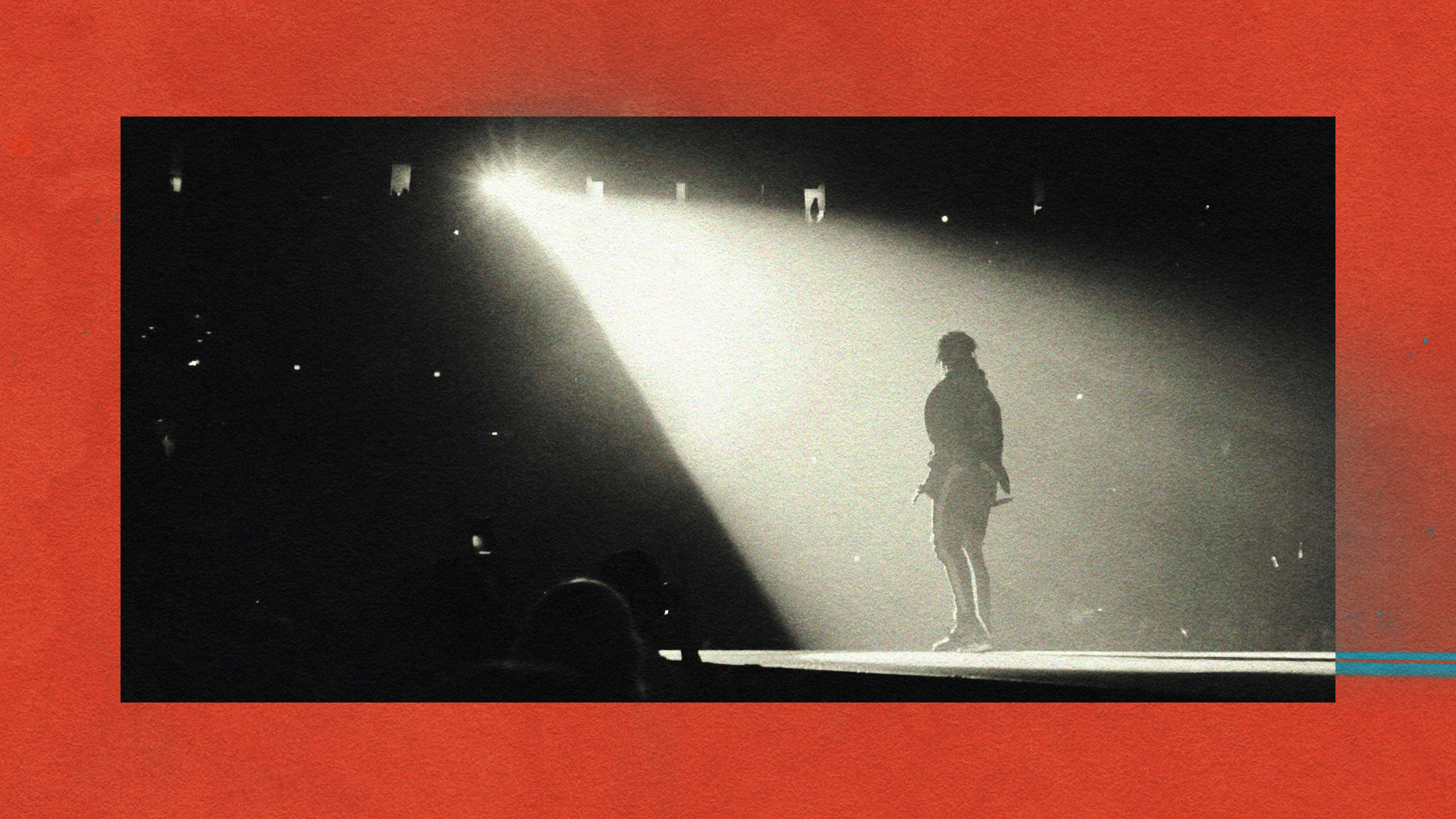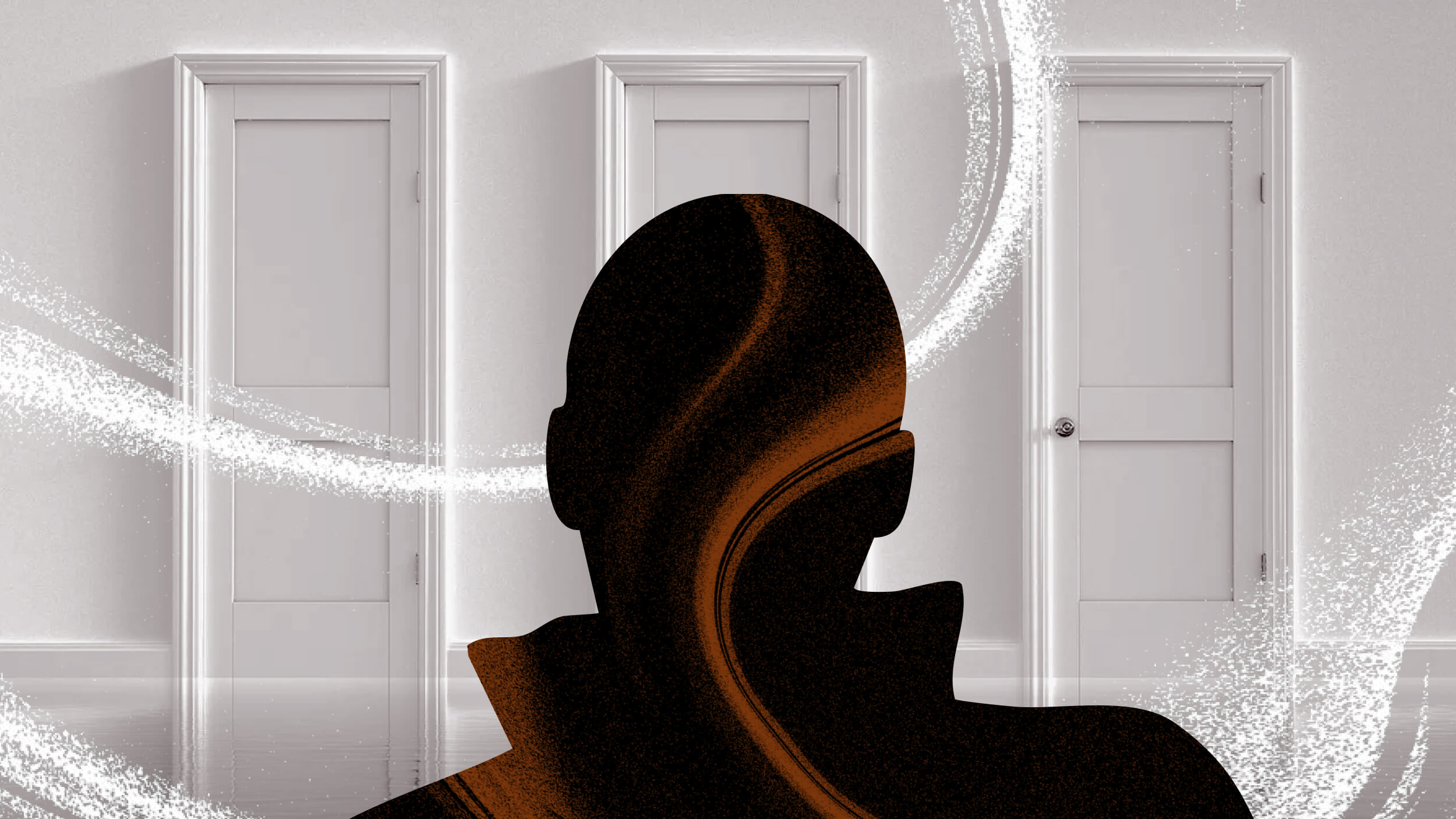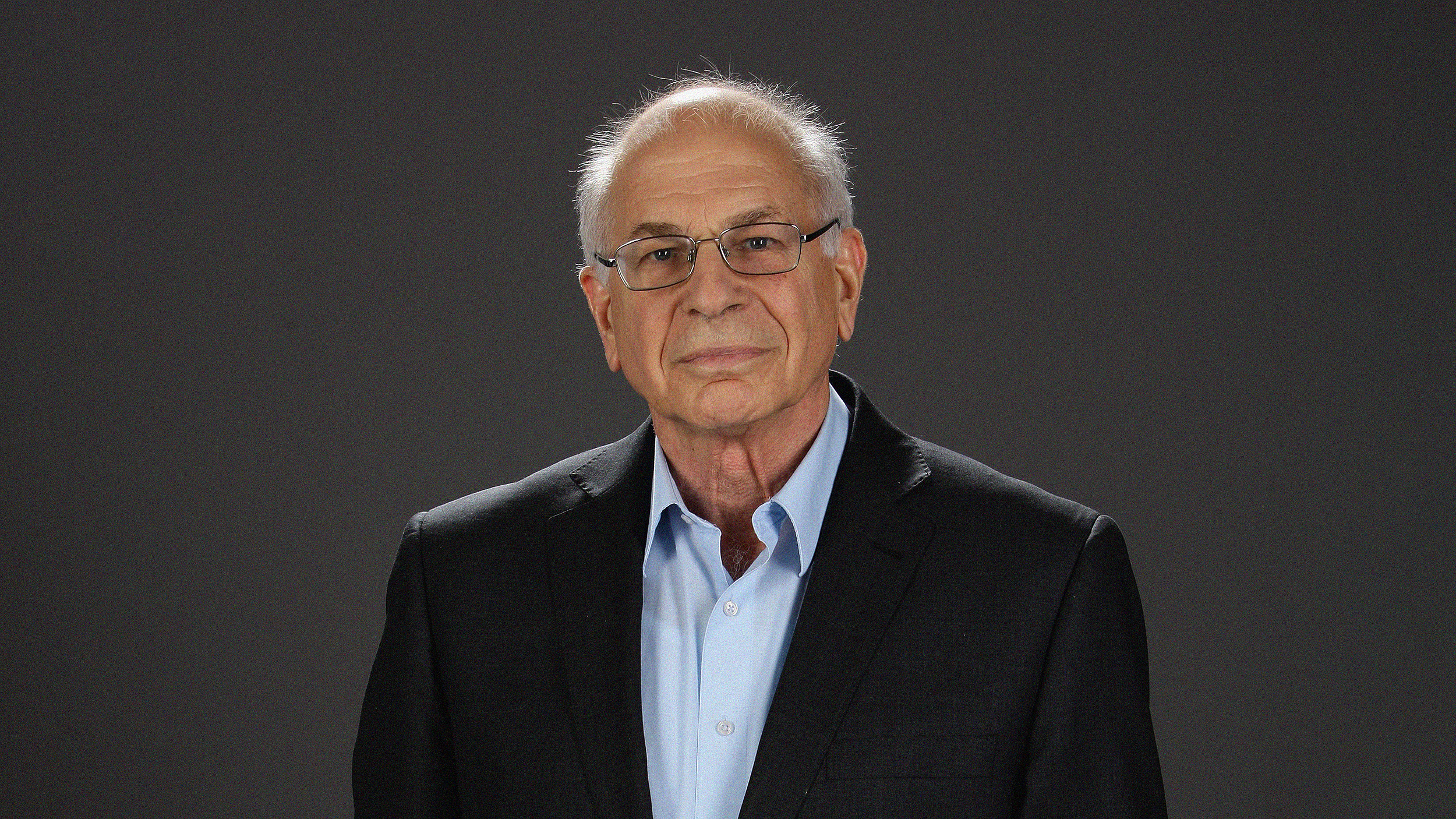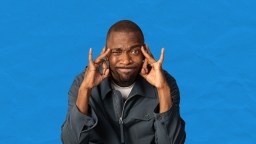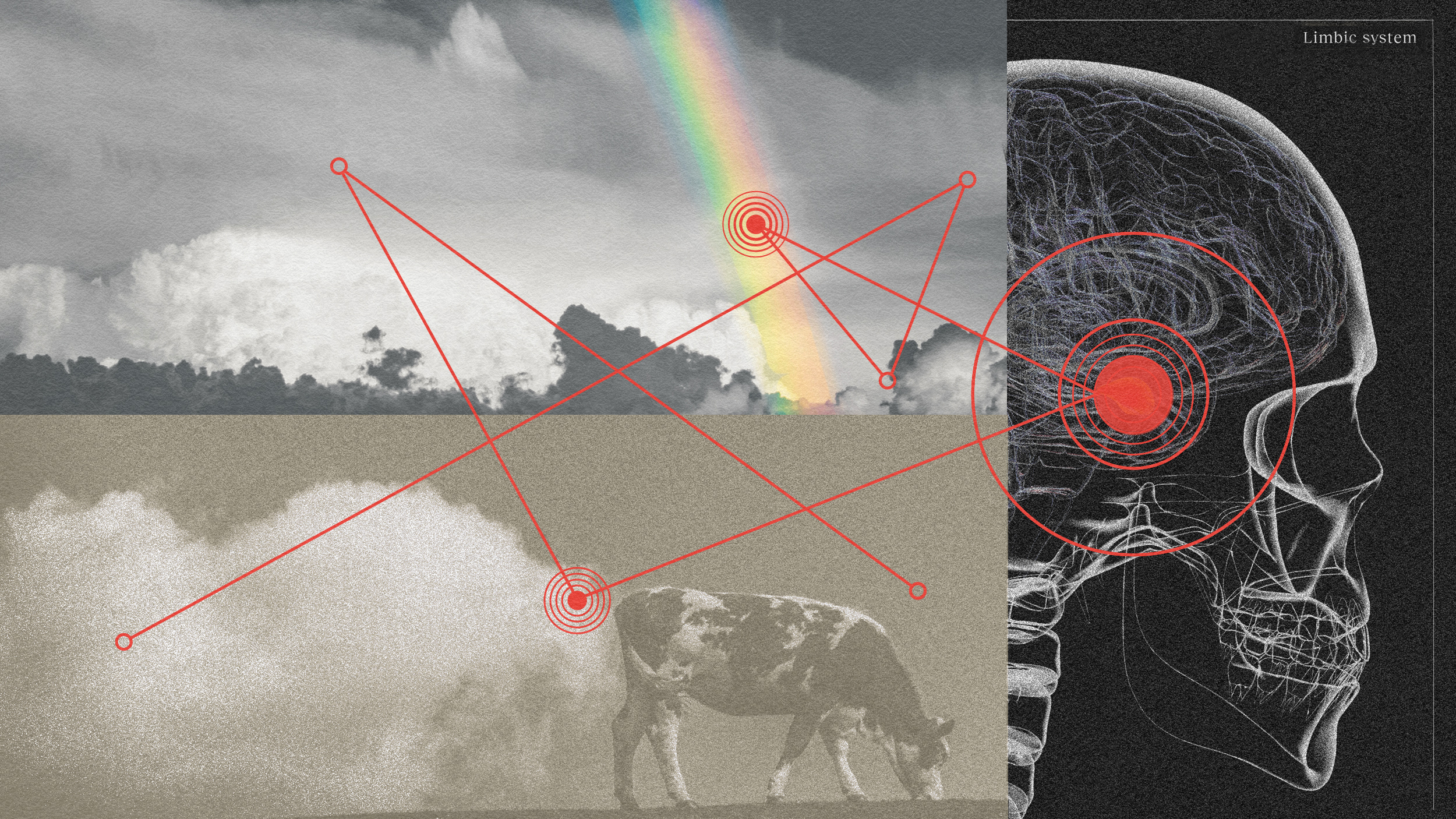According to neuropsychologist Julia DiGangi, no one can live a life free of emotional pain. We can only choose how those emotions empower us.
Search Results
You searched for: Big Think
Memories aren’t mental recordings, but pliable information we can use to better manage the present and conjure future possibilities.
Psychologist Noel Brick shares the mental techniques we can use to improve our performance on and off the field.
The late philosopher suggested adding a couple of “Occam’s heuristics” to your critical thinking toolbox.
“Self-awareness, it’s the least visible part of emotional intelligence, but we find in our research that people low in self-awareness are unable to develop strengths very well in other parts of emotional intelligence.”
▸
8 min
—
with
“Only a narcissist would want to become president.” This is the psychology of an authoritarian unpacked.
▸
11 min
—
with
“If we’re to be happy at all, it has to be found outside of this notion of pleasure. We have to step beyond hedonia. But the problem is that we risk going too far.”
▸
11 min
—
with
You know ChatGPT, but how much do you know about the company that made it? Journalist Karen Hao joins us to talk OpenAI’s latest implosion.
▸
1:02:56 min
—
with
Public mass shooters almost always have worldviews shaped by the “3 Rs”: rage, resentment, and revenge.
Voltaire’s wonderful satire, Candide, remains a useful work-life antidote to bogus platitudes and naive optimism.
Human thinking is antiquated.
The hangover “cures” on the market don’t work. A new hydrogel does.
“I hope we take a mindset where we are willing to look for weird life in weird places.”
People are having less sex than ever. 3 experts explain the keys to maintaining a passionate relationship.
▸
11 min
—
with
“If you’re training an AI to optimize for a task, and deception is a good way for it to complete the task, then there’s a good chance that it will use deception.”
Mating, monogamy, and maximizing your sexual potential explained by 3 sex experts.
▸
25 min
—
with
Nike athlete and famed Peloton instructor Tunde Oyeneyin shares how she turned her pain into purpose.
▸
7 min
—
with
Listen, set boundaries, and point them where to go.
It’s good to be a wallflower. But sometimes, you need to show yourself off a bit.
“The primary way that people make friends is through institutions.”
Social media distorts reality. Here’s how to take it back.
▸
16 min
—
with
In the 18th century, David Hume argued that we are only motivated to do good when our passions direct us to do so. Was he right?
Lockdowns moved the burden of COVID from the at-risk elderly to the less-at-risk young. Does this sacrifice merit compensation?
Kahneman was a world-changing psychologist — even with his lesser known ideas on life satisfaction.
It’s high time owners learned to speak their dog’s language.
Ditch the old brain vs. heart assumptions, and instead think about a heart-led brain.
The Grammy-nominated artist reflects on a life of heartbreak and a future full of hope.
▸
10 min
—
with
Marketing expert Jonah Berger explains how simple tweaks to your word use can have a huge impact on team communication.
Former SNL star Jay Pharoah answers our most challenging questions about life, self-esteem, and changing his mind.
▸
7 min
—
with
Just because you can’t experience it doesn’t mean it’s not real.



